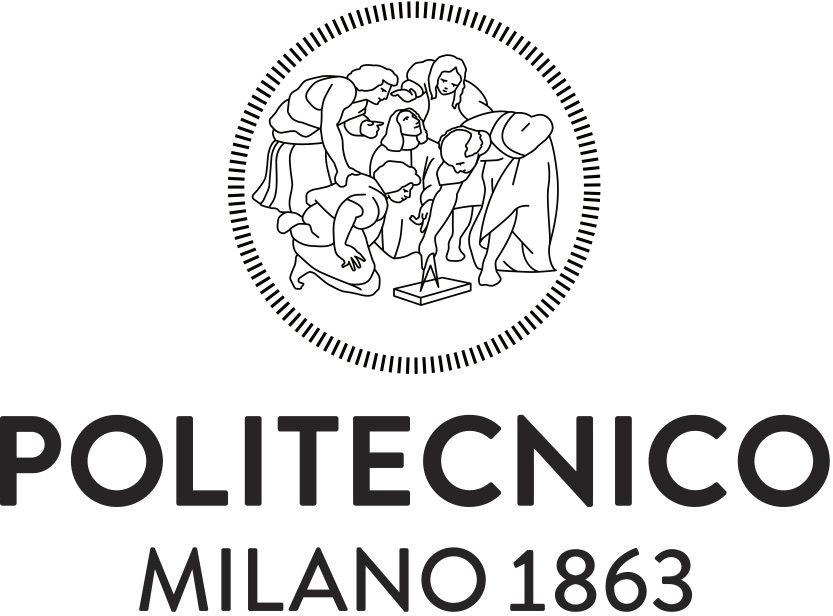This year the WWW conference 2017 is definitely focusing a lot of emphasis on Web Science and Data Science. I'm recording here a list of papers I found interesting at the conference, related to this topic. Disclaimer: the list may be incomplete, as I did not go through all the papers. So in case you want … Continue reading A Curated List of WWW 2017 Papers for Data Science and Web Science
Blog
Using Crowdsourcing for Domain-Specific Languages Specification
Improving the quality of the language notation may improve dramatically acceptance and adoption, as well as the way people use your notation and the associated tools. Here is a systematic (and automatic) method for creating crowdsourcing campaigns aimed at refining the graphical notation of domain-specific languages.
Myths and Challenges in Knowledge Extraction and Big Data Analysis
The knowledge we may try to extract from human-generated content, IoT and Web sources can be dispersed, informal, contradicting, unsubstantiated and ephemeral today, while already tomorrow it may be commonly accepted. The challenge is to capture and create consolidated knowledge that is new, has not been formalized yet in existing knowledge bases, and is buried inside a big, moving target (the live stream of online data). The myth is that existing tools (spanning fields like semantic web, machine learning, statistics, NLP, and so on) suffice to the objective. I explore the problem that one can face along this path.
Urban Data Science Bootcamp
We organize a crash-course on how the science of urban data can be applied to solve metropolitan issues. The course is a 2 days face-to-face event with teaching sessions, workshops, case study discussions and hands-on activities for non-IT professionals in the field of city management. It is issued in two editions along the year: in … Continue reading Urban Data Science Bootcamp
Analysis of user behaviour and social media content for art and culture events
In our most recent study, we analysed the user behaviour and profile, as well as the textual and visual content posted on social media for art and culture events. The corresponding paper has been presented at CD-MAKE 2017 in Reggio Calabria on August 31st, 2017. Nowadays people share everything on online social networks, from daily … Continue reading Analysis of user behaviour and social media content for art and culture events
Urbanscope: Digital Whispers from the Urban Landscape. TedX Talk Video
Together with the Urbanscope team, we gave a TedX talk on the topics and results of the project here at Politecnico di Milano. The aim of Urbanscope is to systematically produce compelling views on urban systems to foster understanding and decision making.
Modeling, Modeling, Modeling: From Web to Enterprise to Crowd to Social
This is our perspective on the world: it's all about modeling. So, why is it that model-driven engineering is not taking over the whole technological and social eco-system? Let me make the case that it is. In the occasion of the 25th edition of the Italian Symposium of Database Systems (SEBD 2017) we (Stefano Ceri … Continue reading Modeling, Modeling, Modeling: From Web to Enterprise to Crowd to Social
A Vision towards the Cognification of Model-driven Software Engineering
Jordi Cabot, Robert Clarisó, Marco Brambilla and Sébastien Gerard submitted a visionary paper on Cognifying Model-driven Software Development to the workshop GrandMDE (Grand Challenges in Modeling) co-located with STAF 2017 in Margburg (Germany) on July 17, 2017. The paper advocates for the cross-domain fertilization of disciplines such as machine learning and artificial intelligence, behavioural analytics, social studies, cognitive … Continue reading A Vision towards the Cognification of Model-driven Software Engineering
Instrumenting Continuous Knowledge Extraction, Sharing, and Benchmarking
Keeping the pace with the faster and faster evolution of knowledge is becoming a challenge, especially for researchers and knowledge workers. We propose a vision towards a set of (possibly integrated) publicly available tools that can help on this. To this purpose, we expect tools that can improve effectiveness of knowledge extraction, storage, analysis, publishing and experimental benchmarking. This could be extremely beneficial for the entire research community across fields and interests. We describe our vision in this direction and we demonstrate its feasibility with some exemplary tools that we developed and that we shared as public resources to be used by the research community.
Model-driven Development of User Interfaces for IoT via Domain-specific Components & Patterns
This is the summary of a joint contribution with Eric Umuhoza to ICEIS 2017 on Model-driven Development of User Interfaces for IoT via Domain-specific Components & Patterns. Internet of Things technologies and applications are evolving and continuously gaining traction in all fields and environments, including homes, cities, services, industry and commercial enterprises. However, still many problems need … Continue reading Model-driven Development of User Interfaces for IoT via Domain-specific Components & Patterns







